With an increasing emphasis on sustainability and ethical consumption, the demand for alternatives to animal-based products has gained significant traction. One area that has witnessed significant innovation is in the realm of leather substitutes. Vegan leather and faux leather are two terms often used interchangeably, but they differ in their manufacturing processes, materials, and sustainability. This article aims to provide a comprehensive overview of vegan leather and faux leather, highlighting their pros, cons, and environmental impact. Understanding Vegan Leather: Vegan leather, also known as synthetic leather or faux leather, is a cruelty-free alternative to traditional animal-based leather. Unlike authentic leather, vegan leather is created entirely without the use of animal hides. Instead, it is made using a variety of innovative materials that mimic the appearance and texture of genuine leather. Some commonly used materials in vegan leather production include polyurethane (PU), polyvinyl chloride (PVC), and plant-based substitutes such as pineapple leaves, apple peels, or even mushrooms.
leather
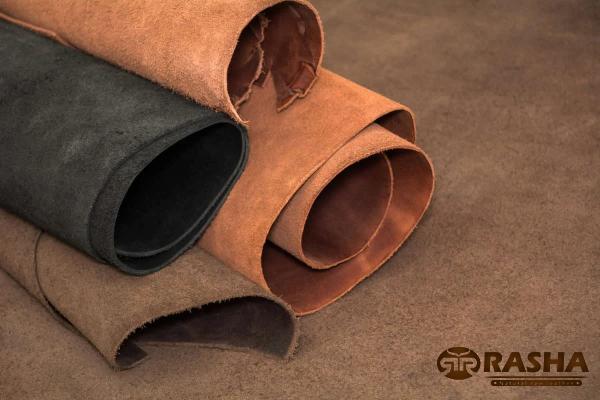 Pros of Vegan Leather: 1. Cruelty-free: Vegan leather provides an ethical alternative for consumers who wish to avoid the use of animal products and support animal welfare. 2. Wide range of material options: The use of various materials in vegan leather production allows for a diverse selection of textures, colors, and patterns, catering to a broad range of consumer preferences. 3. Lower environmental impact: The manufacturing process of vegan leather typically involves fewer toxins, pollutants, and water usage compared to traditional leather production. It offers a more sustainable option. 4. Durability and performance: Depending on the production methods and materials used, vegan leather can exhibit excellent durability, strength, and resistance to abrasion, making it a suitable choice for various products. 5. Cost-effective: Vegan leather is often more affordable than genuine leather because it can be produced at a larger scale, reducing production costs. Cons of Vegan Leather: 1. Limited breathability: Some types of vegan leather, especially those made from synthetic materials like PU or PVC, tend to lack breathability, which can affect comfort during prolonged use. 2. Lower biodegradability: Unlike genuine leather, which is a natural material, vegan leather made from synthetic materials can take longer to decompose, contributing to waste accumulation in landfills.
Pros of Vegan Leather: 1. Cruelty-free: Vegan leather provides an ethical alternative for consumers who wish to avoid the use of animal products and support animal welfare. 2. Wide range of material options: The use of various materials in vegan leather production allows for a diverse selection of textures, colors, and patterns, catering to a broad range of consumer preferences. 3. Lower environmental impact: The manufacturing process of vegan leather typically involves fewer toxins, pollutants, and water usage compared to traditional leather production. It offers a more sustainable option. 4. Durability and performance: Depending on the production methods and materials used, vegan leather can exhibit excellent durability, strength, and resistance to abrasion, making it a suitable choice for various products. 5. Cost-effective: Vegan leather is often more affordable than genuine leather because it can be produced at a larger scale, reducing production costs. Cons of Vegan Leather: 1. Limited breathability: Some types of vegan leather, especially those made from synthetic materials like PU or PVC, tend to lack breathability, which can affect comfort during prolonged use. 2. Lower biodegradability: Unlike genuine leather, which is a natural material, vegan leather made from synthetic materials can take longer to decompose, contributing to waste accumulation in landfills.
Specifications of leather
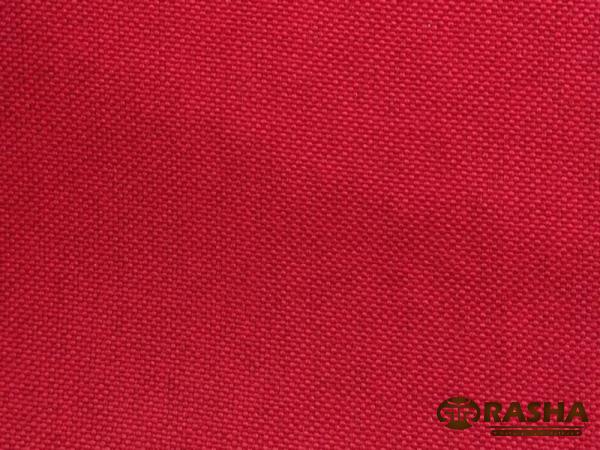 3. Potential environmental impact of materials: Although vegan leather can be more sustainable overall, some synthetic materials used in its production, such as PVC, can have adverse environmental effects during manufacturing and disposal. 4. Limited heat resistance: Vegan leather made from synthetic materials may have lower heat resistance compared to genuine leather, making it unsuitable for certain applications where exposure to high temperatures is common. Understanding Faux Leather: Faux leather, like vegan leather, is a synthetic alternative to real leather. However, faux leather specifically refers to those made with PVC as the primary material. PVC is a type of plastic that is coated onto a fabric backing to resemble leather. It is worth noting that not all vegan leather is faux leather, as vegan leather can be made with various alternatives, including PU. Pros of Faux Leather: 1. Cost-effective: Faux leather made from PVC is generally more affordable than real leather and certain types of vegan leather. 2. Stain and water-resistant: PVC-based faux leather tends to offer better resistance against stains and water, making it suitable for products that require enhanced durability. 3. Wide availability: Faux leather has been widely used in various industries, including fashion, automobile upholstery, and furniture, creating a vast range of products readily available to consumers. Cons of Faux Leather: 1. Environmental concerns: The production of PVC-based faux leather involves the use of toxic chemicals and additives, releasing harmful pollutants into the environment. Moreover, PVC is not easily recyclable, further contributing to waste issues. 2. Lack of breathability and comfort: Faux leather made from PVC tends to be less breathable compared to genuine leather or other vegan leather options. This can make it uncomfortable for extended use, especially in warmer climates.
3. Potential environmental impact of materials: Although vegan leather can be more sustainable overall, some synthetic materials used in its production, such as PVC, can have adverse environmental effects during manufacturing and disposal. 4. Limited heat resistance: Vegan leather made from synthetic materials may have lower heat resistance compared to genuine leather, making it unsuitable for certain applications where exposure to high temperatures is common. Understanding Faux Leather: Faux leather, like vegan leather, is a synthetic alternative to real leather. However, faux leather specifically refers to those made with PVC as the primary material. PVC is a type of plastic that is coated onto a fabric backing to resemble leather. It is worth noting that not all vegan leather is faux leather, as vegan leather can be made with various alternatives, including PU. Pros of Faux Leather: 1. Cost-effective: Faux leather made from PVC is generally more affordable than real leather and certain types of vegan leather. 2. Stain and water-resistant: PVC-based faux leather tends to offer better resistance against stains and water, making it suitable for products that require enhanced durability. 3. Wide availability: Faux leather has been widely used in various industries, including fashion, automobile upholstery, and furniture, creating a vast range of products readily available to consumers. Cons of Faux Leather: 1. Environmental concerns: The production of PVC-based faux leather involves the use of toxic chemicals and additives, releasing harmful pollutants into the environment. Moreover, PVC is not easily recyclable, further contributing to waste issues. 2. Lack of breathability and comfort: Faux leather made from PVC tends to be less breathable compared to genuine leather or other vegan leather options. This can make it uncomfortable for extended use, especially in warmer climates.
buy leather
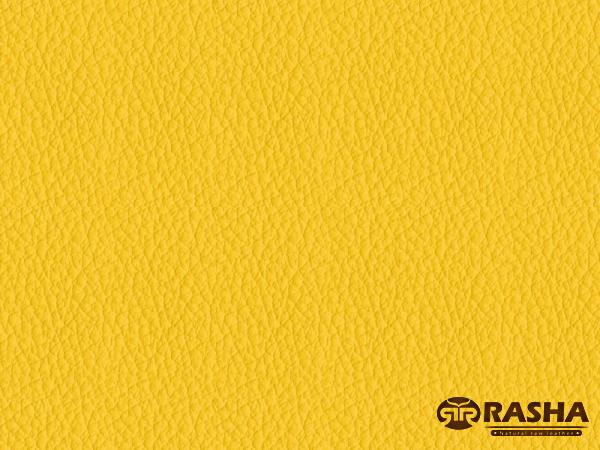 3. Less durability: Faux leather made from PVC may not exhibit the same level of durability as genuine leather, often showing signs of wear and tear more quickly. Comparing Vegan Leather and Faux Leather: While both vegan leather and faux leather are synthetic alternatives to genuine leather, they differ primarily in their composition and manufacturing processes. Vegan leather is a broader term that encompasses all non-animal-based alternatives, including those made from PVC, such as faux leather. On the other hand, faux leather exclusively refers to materials made with PVC. Environmental Considerations: From an environmental perspective, vegan leather made from organic, plant-based materials tends to be the most sustainable option. These materials are often biodegradable and have a smaller carbon footprint compared to synthetic alternatives. However, the sustainability of vegan leather highly depends on the materials used and the manufacturing processes employed. It is important to research and choose brands that prioritize sustainable and eco-friendly practices. Conclusion: Vegan leather and faux leather are both viable alternatives to genuine leather, offering consumers ethical and cruelty-free options. While vegan leather covers a broader range of materials, faux leather specifically refers to those made with PVC. When choosing between vegan leather and faux leather, factors such as ethics, environmental impact, durability, and comfort must be considered. Ultimately, opting for sustainable and quality alternatives will contribute to a more responsible and conscious consumer culture.
3. Less durability: Faux leather made from PVC may not exhibit the same level of durability as genuine leather, often showing signs of wear and tear more quickly. Comparing Vegan Leather and Faux Leather: While both vegan leather and faux leather are synthetic alternatives to genuine leather, they differ primarily in their composition and manufacturing processes. Vegan leather is a broader term that encompasses all non-animal-based alternatives, including those made from PVC, such as faux leather. On the other hand, faux leather exclusively refers to materials made with PVC. Environmental Considerations: From an environmental perspective, vegan leather made from organic, plant-based materials tends to be the most sustainable option. These materials are often biodegradable and have a smaller carbon footprint compared to synthetic alternatives. However, the sustainability of vegan leather highly depends on the materials used and the manufacturing processes employed. It is important to research and choose brands that prioritize sustainable and eco-friendly practices. Conclusion: Vegan leather and faux leather are both viable alternatives to genuine leather, offering consumers ethical and cruelty-free options. While vegan leather covers a broader range of materials, faux leather specifically refers to those made with PVC. When choosing between vegan leather and faux leather, factors such as ethics, environmental impact, durability, and comfort must be considered. Ultimately, opting for sustainable and quality alternatives will contribute to a more responsible and conscious consumer culture.
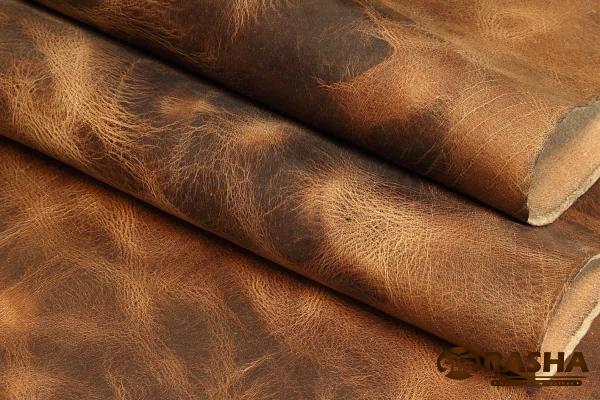

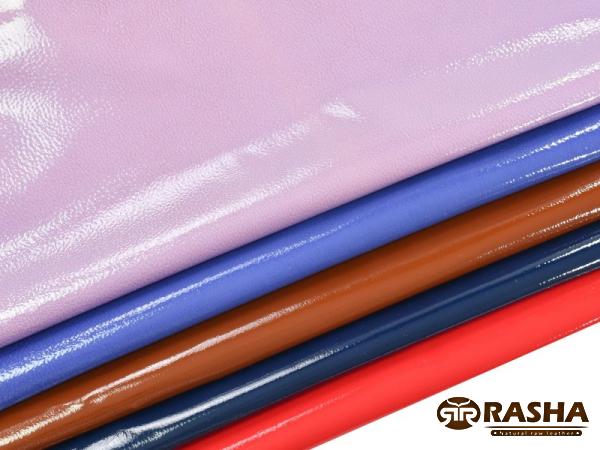
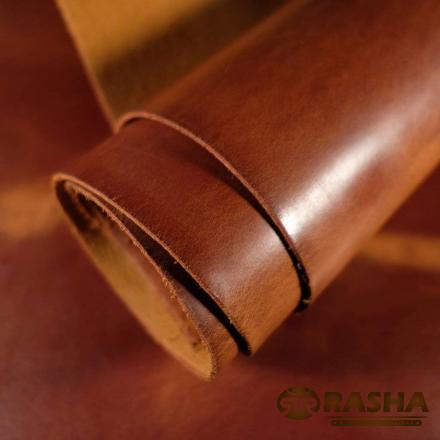
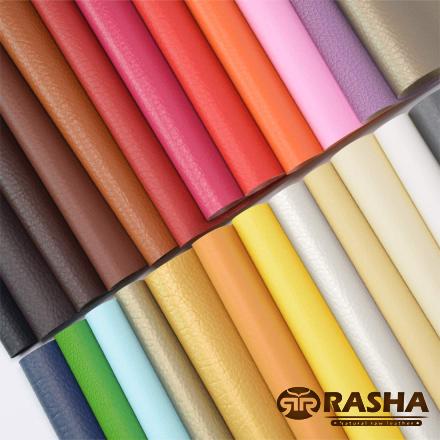
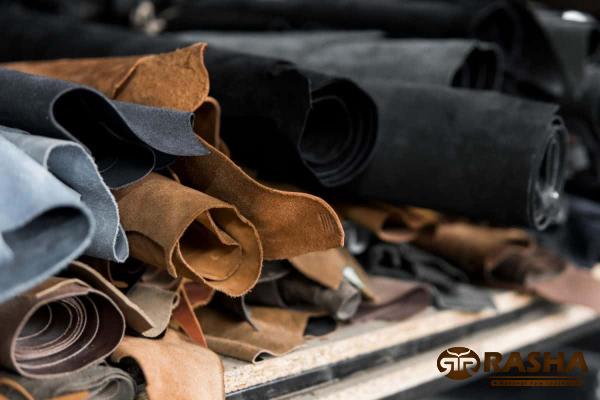
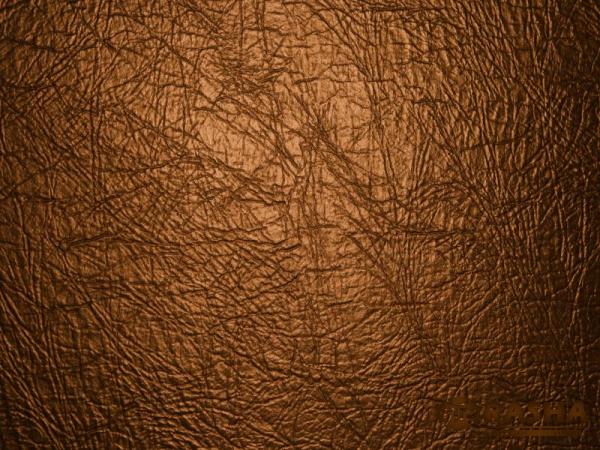
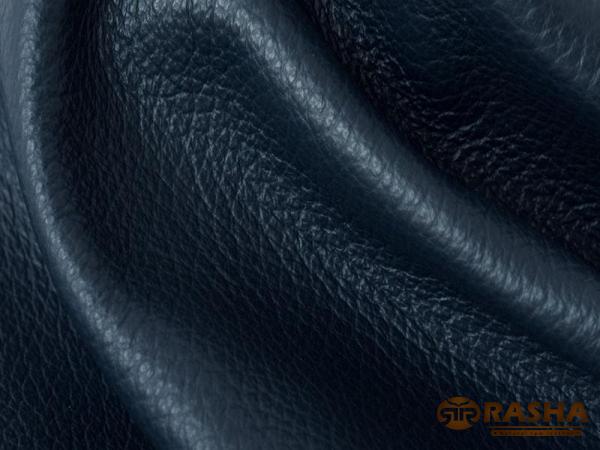

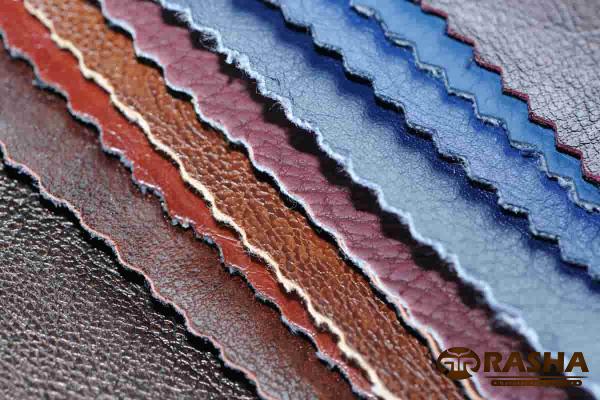
Your comment submitted.